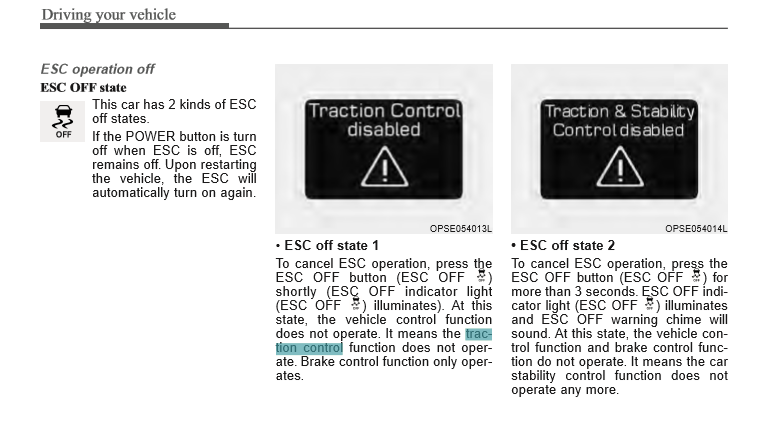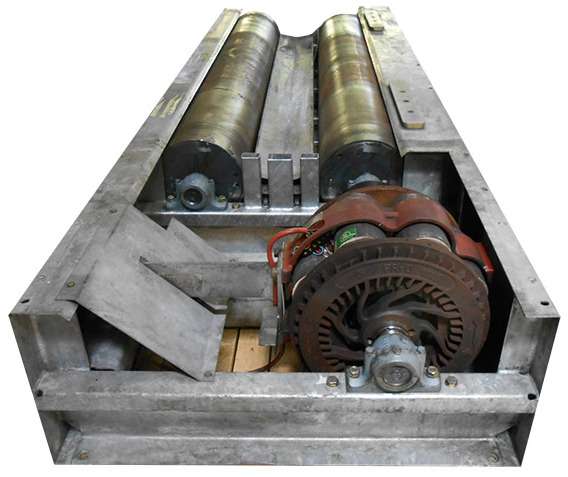JejuSoul said:
Does anyone have reports of how well these actually work?
Both of these can be turned off, but I am not sure why you would do so. Anyone have experience with this?
1)
Traction control cut the power when a wheel slip.
ABS sensor are used for this.
Only 1/8 of rotation is used to cut the power.
And then, a median power is applied if you keep the full throttle to permit to move forward even on gravel, rain or snow.
Traction and stability use other sensor : yaw sensor.
They permit (1 front and 1 rear) to stabilize the car with action of : cut power + brake 1 or 2 or 3 or 4 brake regardless of the position (the system can brake the front right wheel and the rear left wheel for example).
2) I have a big amount of hours on racing road ... and i love the rainy day because the special alphalt don't let flow the water off the track (that why beginner driver always crash on racing circuit with rain ... and medium speed).
so, you can exactly sense the division of weight (front/rear) and go crabbing with the car without problem ... and test the stability strategy that the builder have integrated in the car.
the direction (steering wheel) is used to orientate the stability system :
- if you run like a pro with against-steer trajectory, the car brake and cut the power (even when you don't touch the brake and use full thottle).
- if you drive like a normal person, the car mitigate the power and brake each wheel to turn the car
in the direction of the steering wheel : but ...
at the end, if you are to fast, the car "simply" use a large trajectory (and crash in the safety rail).
That's why run in rainy day fast and brake hard is the better way to learn the weight of the car (and grip of tire).
Traction & Stability is more like for fast speed in snow or aquaplanning of high speed.
On this situation, yaw sensor is a better tool because it can act on each wheel separatly to keep the car in line.
The better example is this : drive at 153km/h ... and truck overtaking at the last 75m (at 90km/h) ... on a curve.
- In a normal situation WITHOUT Stability control, you brake, the car change the division of grip (left/right -front/rear) ... and you crash in the safety rail.
- With Stability control, you brake = the car stay in line ... but braking is more longer (because brake lock/unlock wheels to stay in line).
That's why people are afraid of the ABS function because "the car don't brake !".
But, it's not the case ... the car brake but follow the steering wheel orientation.






